The ongoing tensions within the European Union (EU) regarding the war in Ukraine and the responses to it have brought to the forefront deep disagreements among member states. These discussions often highlight how different nations view issues of unity, sovereignty, and responsibility in the context of international conflicts. This blog delves into the key points raised in a recent heated debate, emphasizing the importance of dialogue and the variety of perspectives present within the EU.
Voices of Dissent: A Call for Open Dialogue
The idea that European unity requires silence from dissenting voices is a contentious issue. One leader emphatically stated, “We will never resign ourselves to the idea that European unity signifies that you order us to shut our mouths when we don’t like something.” This sentiment underscores a fundamental belief that unity should not stifle individual opinions or the right to challenge prevailing narratives.
As tensions rise, the call for open dialogue becomes more critical. It is essential for member states to express their views without fear of retaliation or being labeled as dissenters. This open exchange is vital for a healthy democratic environment within the EU.
Russia’s Reliability as a Supplier
One of the points raised was the reliability of Russia as a supplier of fossil fuels. The assertion was made that “Russia has proven time and again, it is simply not a reliable supplier,” highlighting the urgent need for EU member states to seek alternative energy sources. The hypocrisy of nations that continue to engage with Russian oil while criticizing others was also pointed out, emphasizing the need for consistency in policy and practice among EU members.

Sanctions and Hypocrisy
The debate also touched on the sanctions imposed on Russia and the circumvention of these sanctions by various member states. “US nations have bought since the war broke out eight and a half billion dollars worth of Russian oil from Turkish or Indian refineries, and they are criticizing us,” was a pointed remark that called out the double standards in the application of sanctions.
Moreover, the speaker highlighted the EU’s monthly exports to certain Central Asian countries, which increased significantly since the onset of the war. This pointed to the evasion of sanctions by businesses in Germany, France, and Spain, raising questions about the integrity and effectiveness of the EU’s collective response to Russia’s aggression.
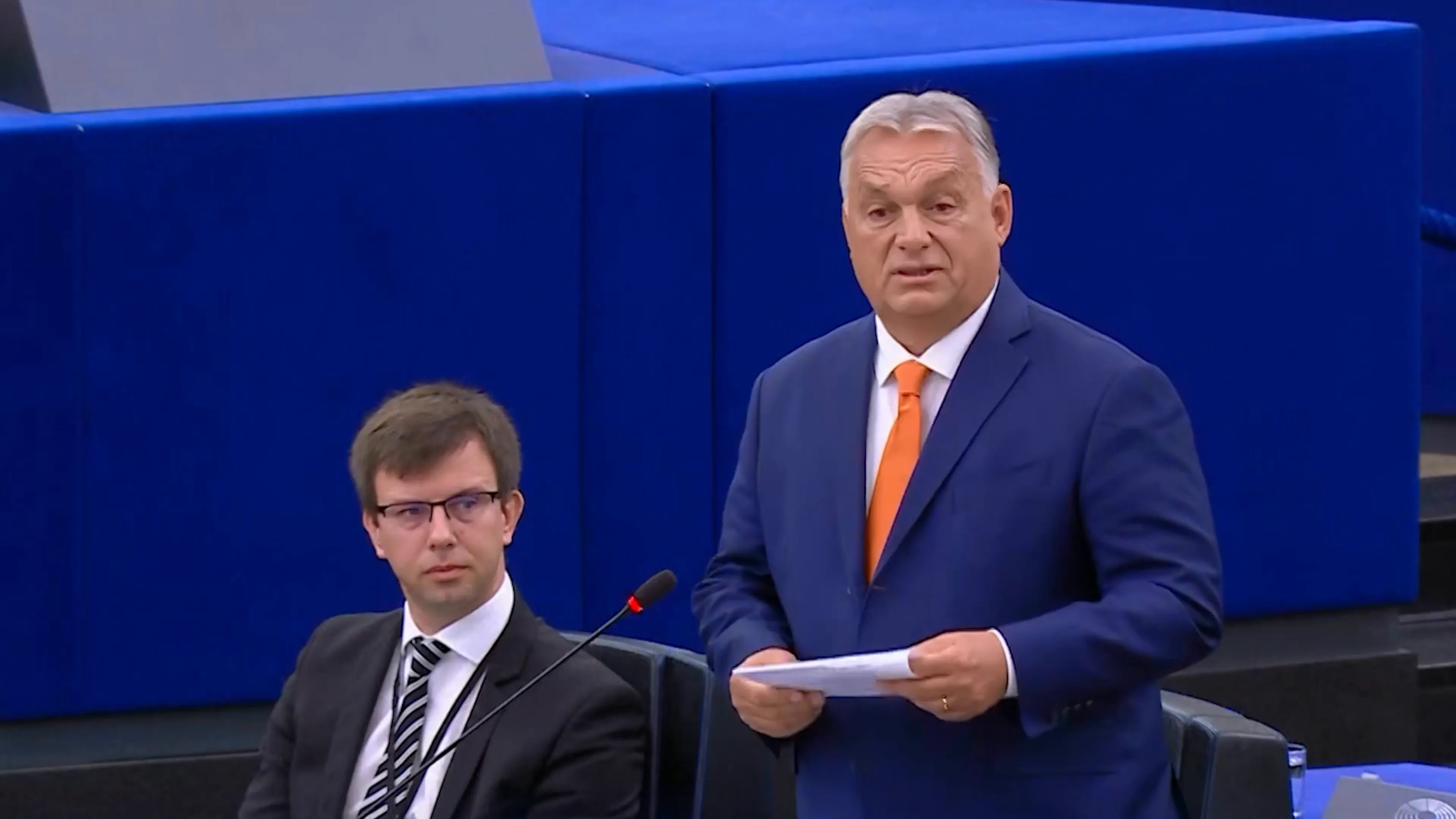
Historical Analogies and Misunderstandings
During the debate, a strong rejection was voiced against the comparison of the current conflict in Ukraine with historical events such as the Hungarian Revolution of 1956. “All analogies and comparisons between the Hungarian freedom fighters and Ukraine are wrong and a desecration of the memory of the Hungarian freedom fighters,” was a passionate defense of Hungary’s historical narrative, emphasizing that such comparisons undermine the unique context of each situation.
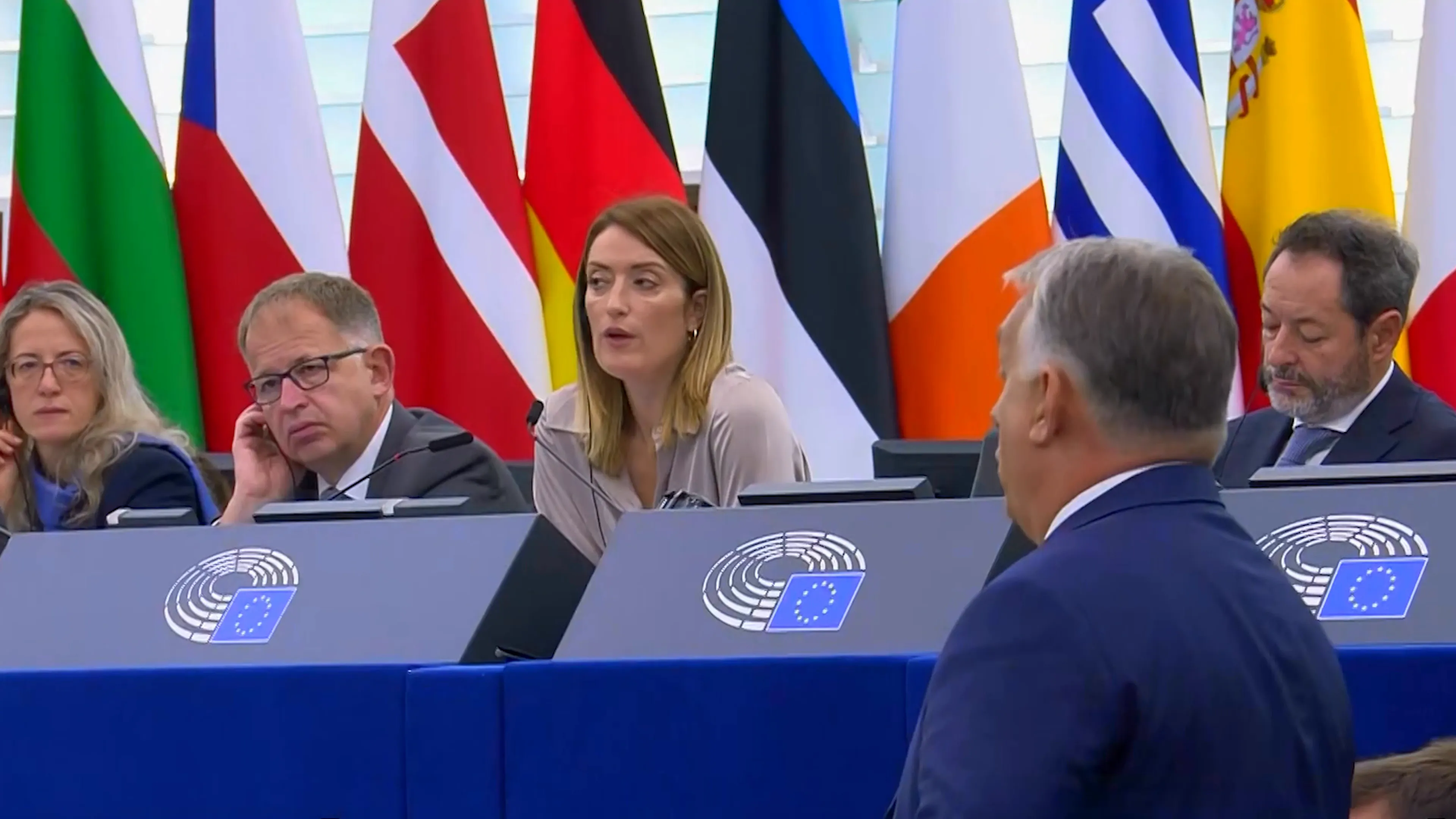
Criticism of Leadership and Political Dynamics
The political dynamics within the EU were also scrutinized, particularly regarding leadership roles and representation. The speaker pointed out that despite the ruling party’s majority in Hungary, the opposition had consistently received committee positions. This was contrasted with the current situation where they felt deprived of representation, leading to claims of hypocrisy in lectures on democracy from EU leaders.
The notion that European unity should allow for diverse opinions was reiterated: “European unity does not mean that everyone must be silent if they disagree with the majority of the elite.” This highlights the necessity for inclusivity and respect for differing opinions within the EU framework.
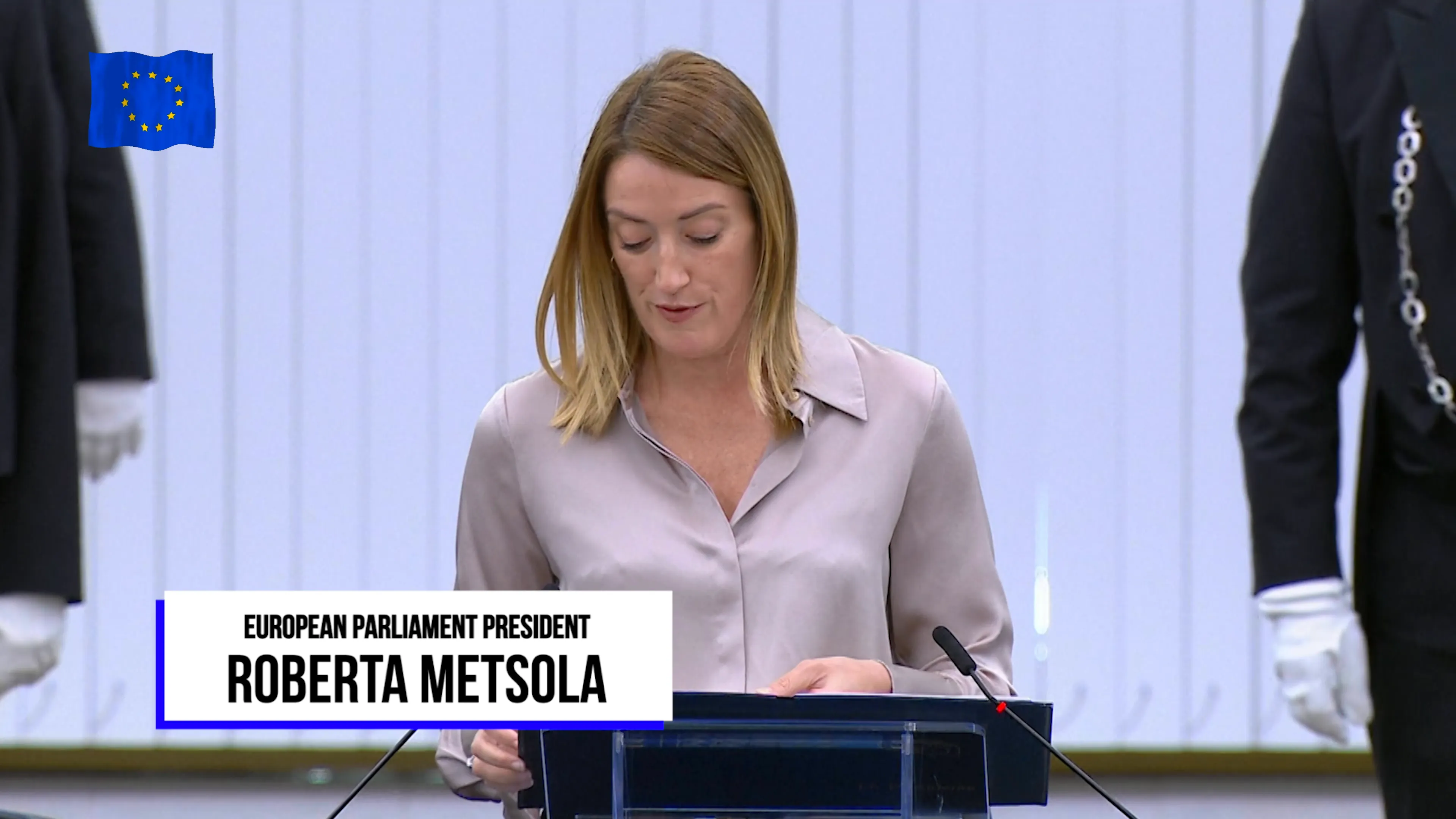
Economic Relations and Taxation
Economic issues were at the forefront of the debate, particularly concerning taxation and its implications for attracting investment. The question was raised: “How can a government attract more European investments if at the same time it discriminates against European companies by taxing them more than others?” This pointed to the delicate balance that governments must maintain between national interests and EU obligations.
The speaker defended Hungary’s economic policies, asserting that they have a flat tax rate of fifteen percent and that their economy is reportedly growing at twice the rate of the EU. This was presented as evidence against claims of punitive taxation and discrimination.

Humanitarian Concerns and Migration
In the context of the ongoing conflict, humanitarian issues and migration were also significant topics. The speaker emphasized Hungary’s commitment to border security and the management of migration flows. “We have rid Europe of more than two thousand people smugglers,” was a declaration of Hungary’s efforts in combating human trafficking, seeking recognition rather than criticism for their contributions to EU security.
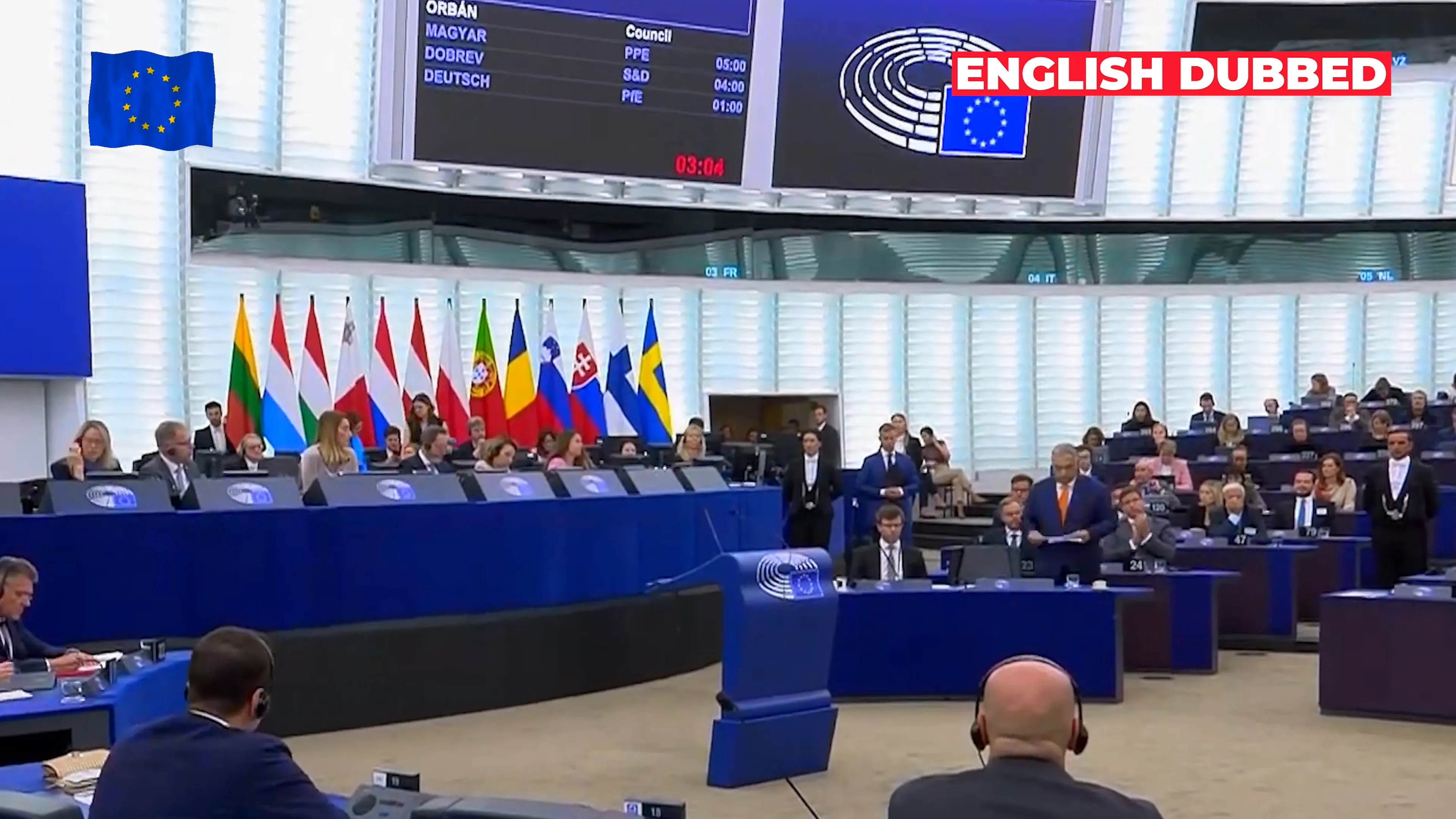
Calls for a Change in Strategy
The need for a strategic reevaluation in light of the ongoing conflict was a recurring theme. The assertion that “the current losing strategy must be changed” reflects a growing awareness that diplomatic solutions and open communication are essential in resolving conflicts. The call for a ceasefire and renewed diplomatic efforts was a critical suggestion to move forward, emphasizing that “this conflict with this strategy will not be resolved on the battlefield.”
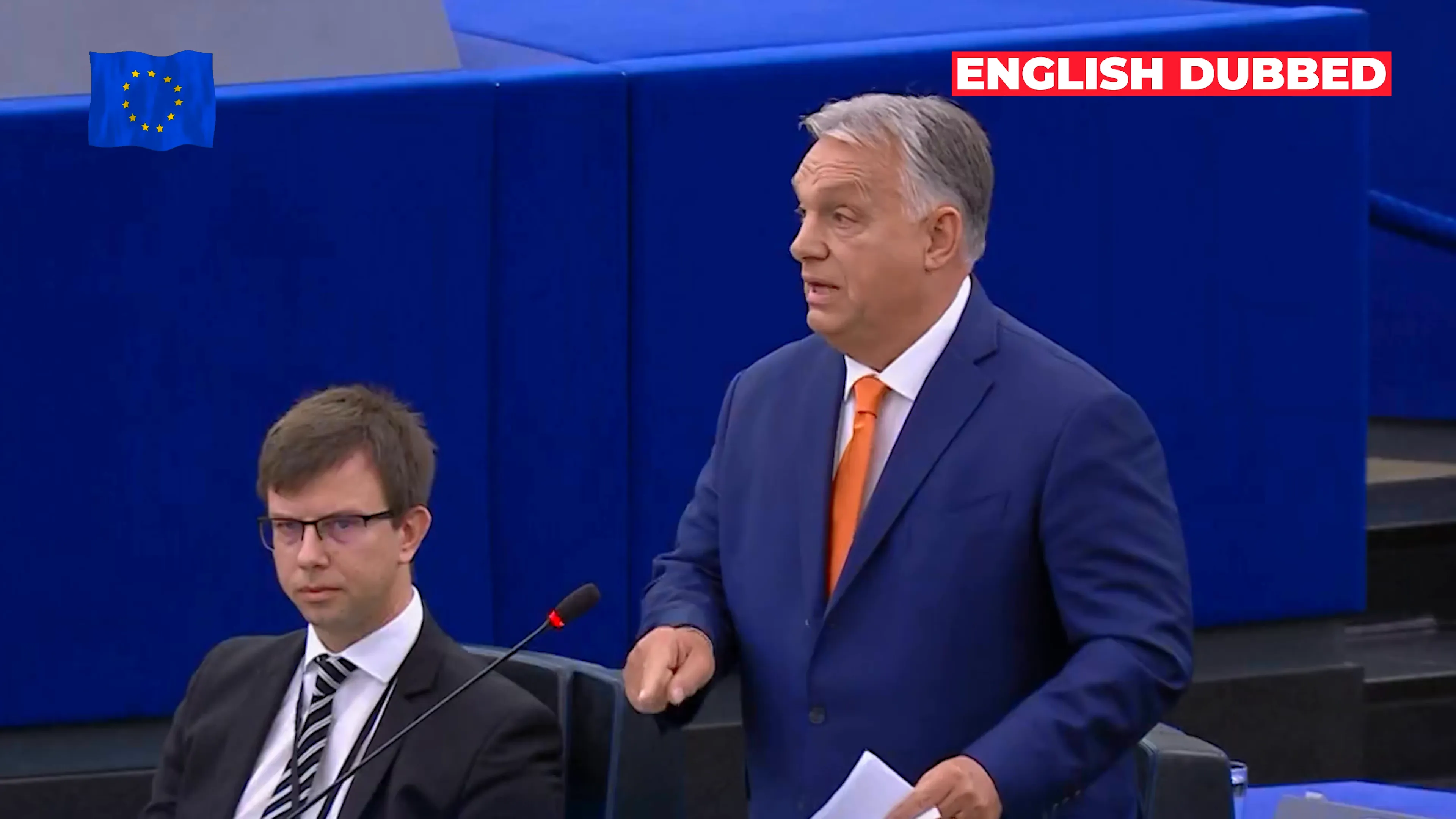
Concluding Thoughts: The Path Forward
The discussion within the EU underscores the complexity of balancing national interests with collective responsibilities. It highlights the importance of dialogue, mutual respect, and the willingness to engage with differing perspectives. As the EU navigates these turbulent waters, fostering an environment where all voices can be heard will be crucial for its unity and strength moving forward.
As the debate continues, the call for a more inclusive and respectful discourse remains paramount. Only through open dialogue and understanding can the EU hope to present a united front in the face of external challenges.
